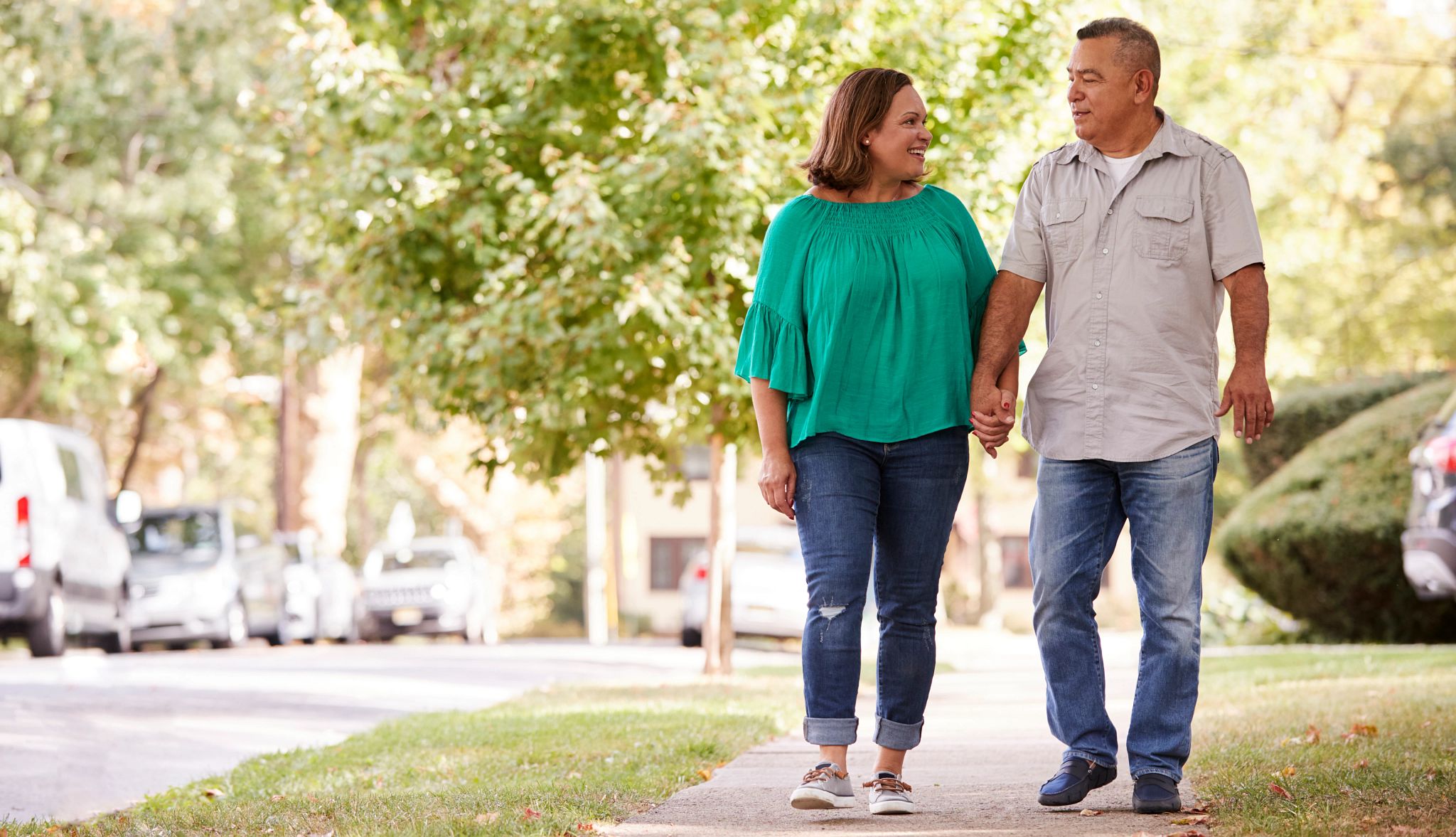AARP Hearing Center

Twice a week, no matter the weather, Detroit resident Precious Hicks drives five minutes to the Adams Butzel Complex on the city’s west side to join a chair aerobics exercise class.
Hicks, 70, looks forward to both the workout and the socializing before and after class at the recreation center.
“There’s nothing like meeting a group of people and they’re laughing and talking,” Hicks says. The class is so popular, she adds, “sometimes you can’t even find a seat.”
Free memberships for residents 60 and over to its 12 recreation centers is one way Detroit is working to improve the quality of life for older adults. Last year, Detroit was one of two Michigan cities to join the AARP Network of Age-Friendly States and Communities. Clawson was the other.
The network supports local and state leaders by offering access to expert resources as they work to improve housing, transportation, public spaces and other amenities that help people age in place. A dozen localities across the state are now members, and Michigan is one of 11 states that are part of the network, along with the U.S. Virgin Islands.
Some cities focus on encouraging older residents to stay active. In Detroit, leaders have made a large investment to reopen recreation centers, including renovating indoor and outdoor spaces for activities such as pickleball, says Brenda Price, AARP Michigan’s associate state director for outreach in Detroit.
“If you can’t find a pickleball court in Detroit, you’re not looking,” Price says.
Nearly 3,800 residents age 60 and over have free memberships to the centers. People drop in for a fitness class, a cup of coffee or meal with friends or a game of cards or chess, says John Armstrong, assistant director of the city’s parks and recreation department. The city plans to open an additional four rec centers by early 2026, he says.
“The health benefits of being active as a senior are really great, but mental health—especially post-COVID—is a big focus,” Armstrong says.
An aging population
Michiganders 65 and older represent one of the state’s fastest growing age groups, and there is increased awareness of the need to prepare, says Kayla Smith, health promotion and wellness coordinator at the Michigan Department of Health and Human Services. In 2022, 18.7 percent of state residents were 65 or over, compared with 12.3 percent two decades prior, state data shows.
As a part of the AARP network, the state released a 2024-2026 age-friendly action plan to address a variety of issues, including increasing the number of older adults and caregivers participating in nutrition and wellness programs; improving access to information about how to reduce the risk of falls; and offering more opportunities for social and physical engagement.
The state is also looking to foster better relationships with those individuals already doing age-friendly work at the local level, Smith says. Other initiatives around the state include:
In East Lansing, which has been part of the age-friendly network since 2017, the Generations Connect program at Michigan State University pairs students with older residents for weekly meetings where they share life experiences.
“It’s turned into something great,” says retired educator James Levande, 86, who chairs the city’s Age-Friendly Community Committee. “We’ve got more students signed up than we can find seniors.”
In Albion, the Tech Savvy Seniors program at Albion College sends students to a nearby senior center and on in-home visits to help older residents with technology issues, such as how to use a smartphone, download photos and post to social media.
“We’ve had clients who’ve had computers in their home for years but have never figured out how to use them,” says Lindsey Knowlden, director of the Albion College AmeriCorps, which runs the program.
Since its 2023 launch, Tech Savvy Seniors has reached dozens of residents. Technology is important both for social connection and to access resources such as medical help or transportation, Knowlden says.
“We just want to make sure that everybody has access to that,” she says.
Learn more about the AARP Network of Age-Friendly States and Communities at aarp.org/agefriendly. ■
Hilary Appelman, a Pennsylvania- based writer, covers long-term care and other issues. She has written for the Bulletin since 2011.
Also on Interest:
- Top 100 Places to Live in the U.S. for Older Adults
- Smart Guide to Aging in Place
- Older Adults Want to Age in Place, But Many Don't Expect They'll Be Able to































































